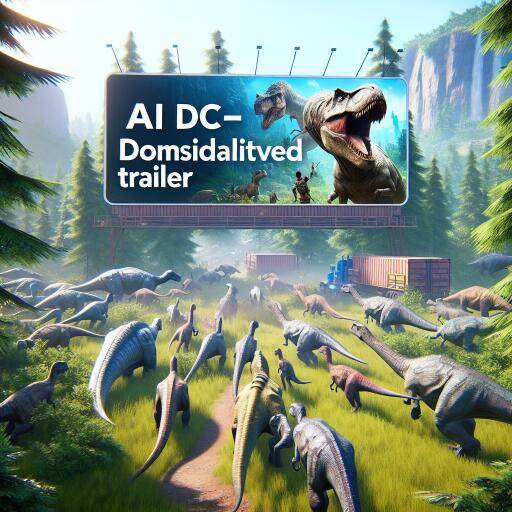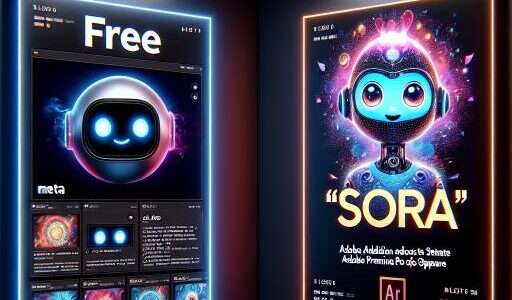ARK: Survival Evolved’s New DLC Criticized For an AI-Generated Trailer
In recent gaming trends, developments seem to echo past controversial events. Do you recall the uproar over a project called Catly, a potential NFT mishap with an AI-crafted trailer at The Game Awards 2024? Today’s emerging discourse at the Game Developers Conference 2025 revolves around a comparable scenario that confirms past predictions.
The spotlight shines on ARK: Aquatica, a nascent expansion to the renowned ARK: Survival Evolved series. Unveiled by Snail Games, this DLC caught the attention of attendees and online communities alike at GDC 2025, but for reasons that might not be as flattering. What stirred the conversation was the noticeable reliance on AI technology to generate its official promotional trailer.
In contrast to Catly where the AI’s involvement was more speculative, ARK: Aquatica openly embraces visuals where artificial creation is immediately apparent. The video’s aesthetics exhibit typical signs of AI involvement—unusual art compositions, surreal elements, and a distinctively unnatural presentation, often dubbed as “AI-slop” by observers.
Another point of critique lies in the trailer’s lack of substantive content regarding the actual DLC. Despite the tantalizing premise of an underwater adventure filled with unheard-of beings and innovative gameplay mechanics, these thrilling aspects remain unseen as the trailer primarily focuses on its experimentally generated scenes.
The description accompanying the trailer sheds some light on the anticipated features albeit generically, mentioning an aquatic world teeming with fresh and intriguing dynamics. The fundamental information about these additions, however, seems lost under the layers of AI creativity that leaves audiences questioning the direction and authenticity of such a reveal.
The gaming community now faces a profound conversation about the balance between innovation and authenticity. The usage of AI may present novel artistic avenues yet also risks alienating an audience accustomed to rich, human-crafted narratives and visuals. As we tread into 2025, developers and studios might need to reconsider how they harness such technology, ensuring that artistry remains at the forefront.
As this unfolding story develops, gamers and industry veterans will undoubtedly continue to exchange views on the future relationship between artificial intelligence and game development. The role of craftsmanship in storytelling and game presentation hangs in the balance, and the response to titles like ARK: Aquatica will be instrumental in determining the path forward.
In conclusion, the release of ARK: Aquatica’s AI-generated reveal serves as a striking reminder and catalyst, igniting debates over the artistic and ethical implications of automated content creation. While the promise of enhancing game development through technology stands, this must be weighed against the core values of creative integrity that define the gaming landscape.









